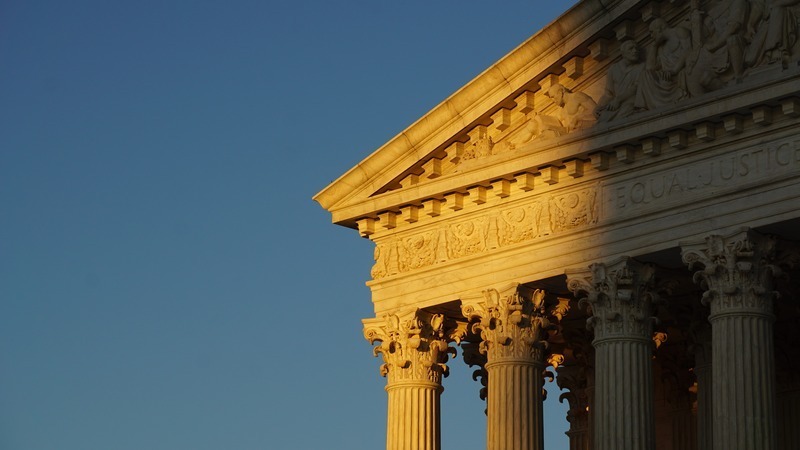
The U.S. Supreme Court has declined to review the case of a Massachusetts student who was punished for wearing a shirt bearing the message, “There are only 2 genders.”
In an orders list released Tuesday morning, the court refused to grant a petition for a writ of certiorari in the case of L.M. v. Town of Middleborough, Massachusetts, et al., thereby allowing an earlier ruling from the 1st U.S. Circuit Court of Appeals to stand against the student and his parents.
Justice Samuel Alito wrote a dissenting opinion, joined by Justice Clarence Thomas, arguing that the case involves “an issue of great importance for our Nation’s youth: whether public schools may suppress student speech either because it expresses a viewpoint that the school disfavors or because of vague concerns about the likely effect of the speech on the school atmosphere or on students who find the speech offensive.”
He added, “So long as the First Circuit's opinion is on the books, thousands of students will attend school without the full panoply of First Amendment rights. That alone is worth this Court's attention.”
The controversy arose after Liam Morrison, a student at John T. Nichols Middle School, was removed from class and told to remove his shirt in March 2023 because it said, “There are only two genders.” Later that year, Morrison wore the shirt again, but covered the “only two” part with tape and wrote “censored” on it. School officials again instructed him to change.
A lawsuit was filed by Morrison’s parents, alleging that the school violated his First Amendment rights. The school argued that the shirt violated its dress code, which bans clothing with hateful messaging.
In June 2024, a three-judge panel of the 1st Circuit unanimously upheld the lower court’s decision, ruling against Morrison.
Circuit Chief Judge David Barron, an Obama appointee, wrote that “school officials may bar passive and silently expressed messages by students at school that target no specific student” under certain circumstances, and emphasized that “while in many realms of public life one must bear the risk of being subjected to messages that are demeaning of race, sex, religion, or sexual orientation,” public schools do not have to be “a similarly unregulated place.”
Barron noted that Morrison acknowledged during oral arguments that “schools could bar silent, passive expression that described persons who identify as transgender in obviously highly demeaning terms but targeted no specific individual.”

















